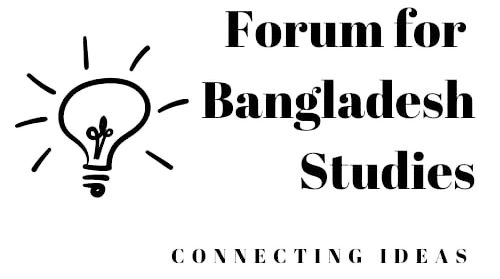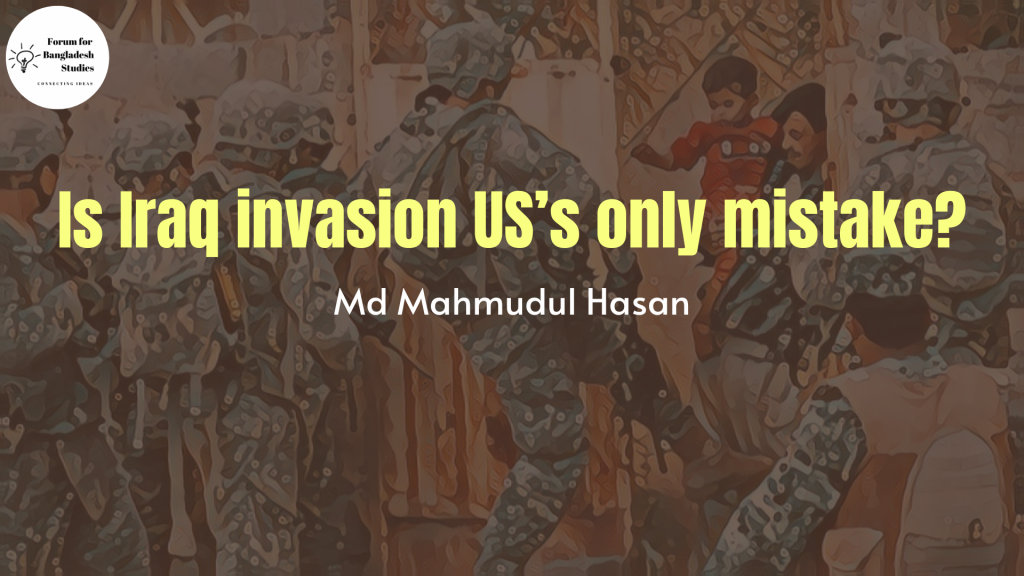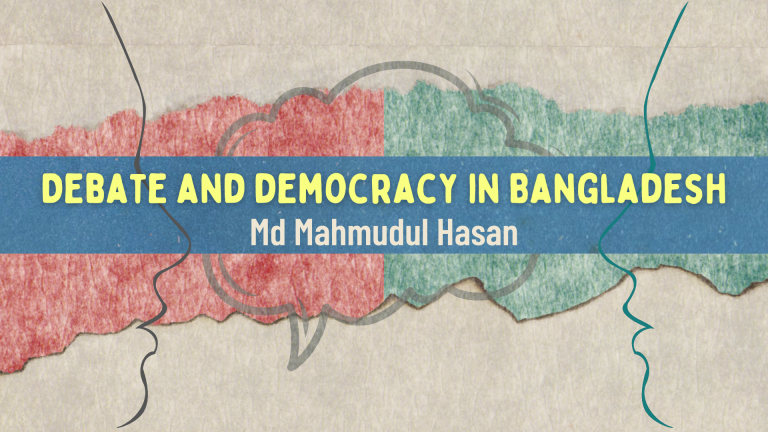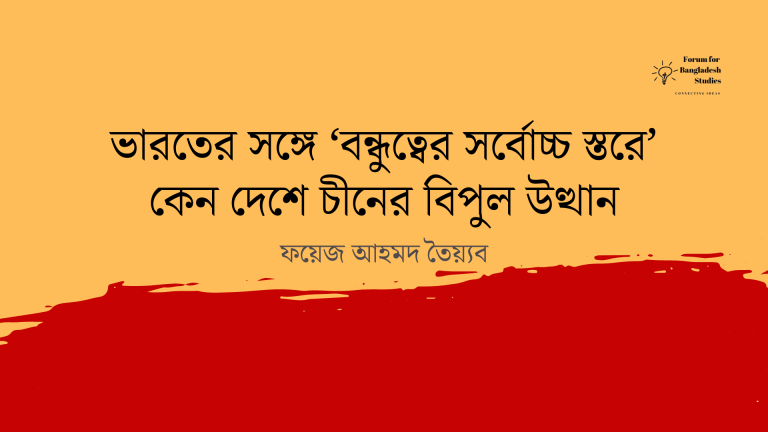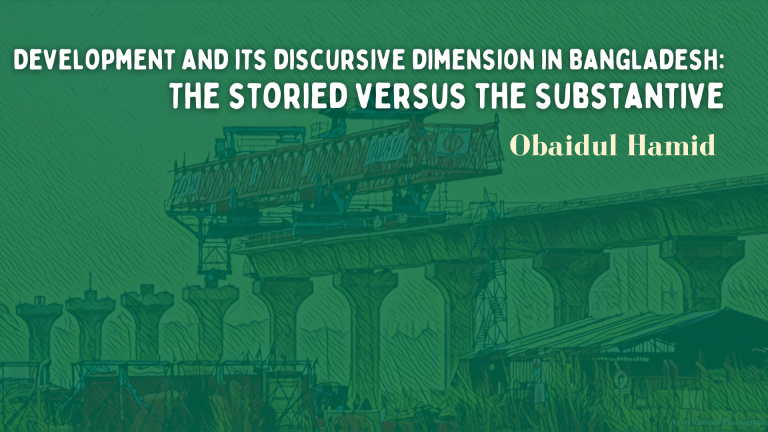IN MAY 2004, when tortures of Iraqis by US soldiers in Baghdad’s Abu Ghraib Prison were reported in the media, the then US president George W Bush appeared on the US-sponsored Arabic-language TV channel Al-Hurra. He sought to assuage the public anger at US soldiers’ violations of human rights in Iraq.
In his response to one of the questions by the reporter, Bush said, ‘’[I]n a democracy, everything is not perfect… mistakes are made.’
At that time, I was a doctoral student at the University of Portsmouth, UK. I had learned that in academic writing, it is important to shun the passive voice unless, among other reasons, one wants to avoid ‘mentioning the agent of an action.’
Bush didn’t want to admit that he had made a terrible mess in Iraq, which eventually cost a million lives. He also earned a bad name for America. Many of us who came of age by that time may remember that around the time of the US-UK invasion of Iraq, many US citizens felt ashamed to identify themselves as Americans. They preferred introducing themselves as Canadians instead. In November 2004, I was in Toronto for an academic conference on Edward Said (‘Remembering Edward Said’). I met one Canadian student who, after introducing themselves, added, ‘Americans have a different reputation.’
Fast forward: during his visit to Tel Aviv in October 2023, the incumbent US president Joe Biden advised the Israeli leadership not to repeat the mistakes the US made after the 9/11 attacks, stating:
‘After 9/11, we were enraged in the United States. While we sought justice and got justice, we also made mistakes.’
As regards the US invasion of Iraq, George W Bush and Joe Biden were on the same page, and both supported the illegal war on Iraq. And both have admitted that the US made terrible ‘mistakes’ in its Iraq policy.
But the Iraq war has not been the US’s only foreign policy blunder. In its Middle East policy, the US has been on the wrong side of history since the creation of Israel in 1948 or before. The US veto has been providing protection to Israel and condoning all its apartheid and scorched earth policies. Given Israel’s mistreatment of Palestinians in Palestine and in Israeli prisons, the level of economic, diplomatic, and military support that the US has been giving to Israel is unique and indefensible on moral grounds.
As a result, the US has angered the entire Muslim world, pushing Arab-Muslim countries into the lap of the China-Russia duo. The China-mediated normalisation and resumption of Saudi-Iran diplomatic relations have brought good outcomes to the region. This can be viewed as an affront to the US. Had the strained relations between Saudi Arabia and Iran ended with US intervention, the US would have gained moral authority in the region. Unfortunately, we did not notice any visible efforts on the part of the US in that direction. The US strategy in the Arab world has been labelled as divide-and-rule politics — all in the service of Israel.
Since October 7, Israel has been committing war crimes and genocidal killings in Gaza. The whole world knows that the US has been giving overt and covert support to Israel, which has translated into the destruction of Gaza and the deaths of twenty thousand Palestinians in little more than two months. The number of casualties and the scale of destruction are climbing as I am writing this essay. A permanent ceasefire in Gaza, which could save many lives, has not materialised yet because of the US veto and unconditional and unqualified support for Israel.
In our home (Bangladesh), the US perhaps committed the stupidest and most bizarre blunder of all. The US embassy, along with other Western missions in Dhaka, had orchestrated a two-year, unlawful military-backed government in Bangladesh, which eventually led to the change of the ruling party in the country in early 2009. In plain truth, in Bangladesh, the US helped replace a US-friendly government with an unreliable one.
We all remember the hyperactivities of the US ambassador James F Moriarty, the British High Commissioner Anwar Choudhury, and other Western envoys in the couple of years leading up to the December 29, 2008 general elections in Bangladesh. They created a political climate that favoured one of Bangladesh’s two main political parties and went against its rival.
No vote-rigging was reported involving that election. But a public perception was created to the effect that one party was going to power through coronation (in the name of an election) and another party was losing. That culture of coronation continues even today.
I vividly remember a conversation I had with a rickshaw puller before the election in December 2008. He refused to identify himself as a supporter of the Bangladesh Awami League. Out of curiosity and without intending to influence his voting decision, I asked him which party he was going to vote for. He said that he would vote for the Awami League. When I wanted to know the reason, he said, ‘Vot-ta nosto koira lav acche?’ (Why shall I spoil my vote?).
In Bangladesh, many people, especially in rural areas, vote for the winning party because they want to associate themselves with victory. The perception that the Awami League was coming to power through the December 2008 general elections was partly created by the US and other Western embassies in Dhaka.
Fifteen years on, we have seen what ‘rewards’ the US has received from the post-2008 government in Bangladesh. In August 2018, US ambassador to Bangladesh Marcia Bernicat’s vehicle was attacked, presumably by ruling party men. In December 2022, another US ambassador to Bangladesh, Peter Haas, was forced to cut short his visit to the residence of the coordinator of Mayer Dak (an organisation of the relatives of the victims of enforced disappearances) in Dhaka due to security concerns. Such ordeals and humiliations of the US envoys to Bangladesh are unprecedented. No one needs to lecture the US on what mistakes it committed in Bangladesh in the run-up to the December 2008 general elections, presumably at a third country’s behest.
As regards the current political situation in Bangladesh, there seems to be a strong convergence between the US’s stated stand and the wishes of the people of Bangladesh. Both want the restoration of democracy and fair and participatory elections in Bangladesh. If the US fails to make use of this confluence, it will be an addition to its long list of failures.
In sum, my key point is that the US’s inconsiderate foreign policies have done a great disservice to itself, in addition to causing the endless suffering of people in places like Iraq, Palestine, and Bangladesh. The sooner the superpower comes to realise this, the better for itself and for the rest of the world.
The subject of foreign policy or international relations is not my trade. I am not one of those who live and breathe it. I am qualified only to engage in a surface-level discussion on such topics, which I have attempted in this essay. Foreign relations experts can go many steps deeper in deliberating on US blunders in its history and management of international relations. At the same time, it may also be useful, at least occasionally, to hear the voices of non-experts and of those who do not inhabit ivory towers. Their opinions and perspectives should not be discounted.
Originally Published : New Age, 27 December 2023
